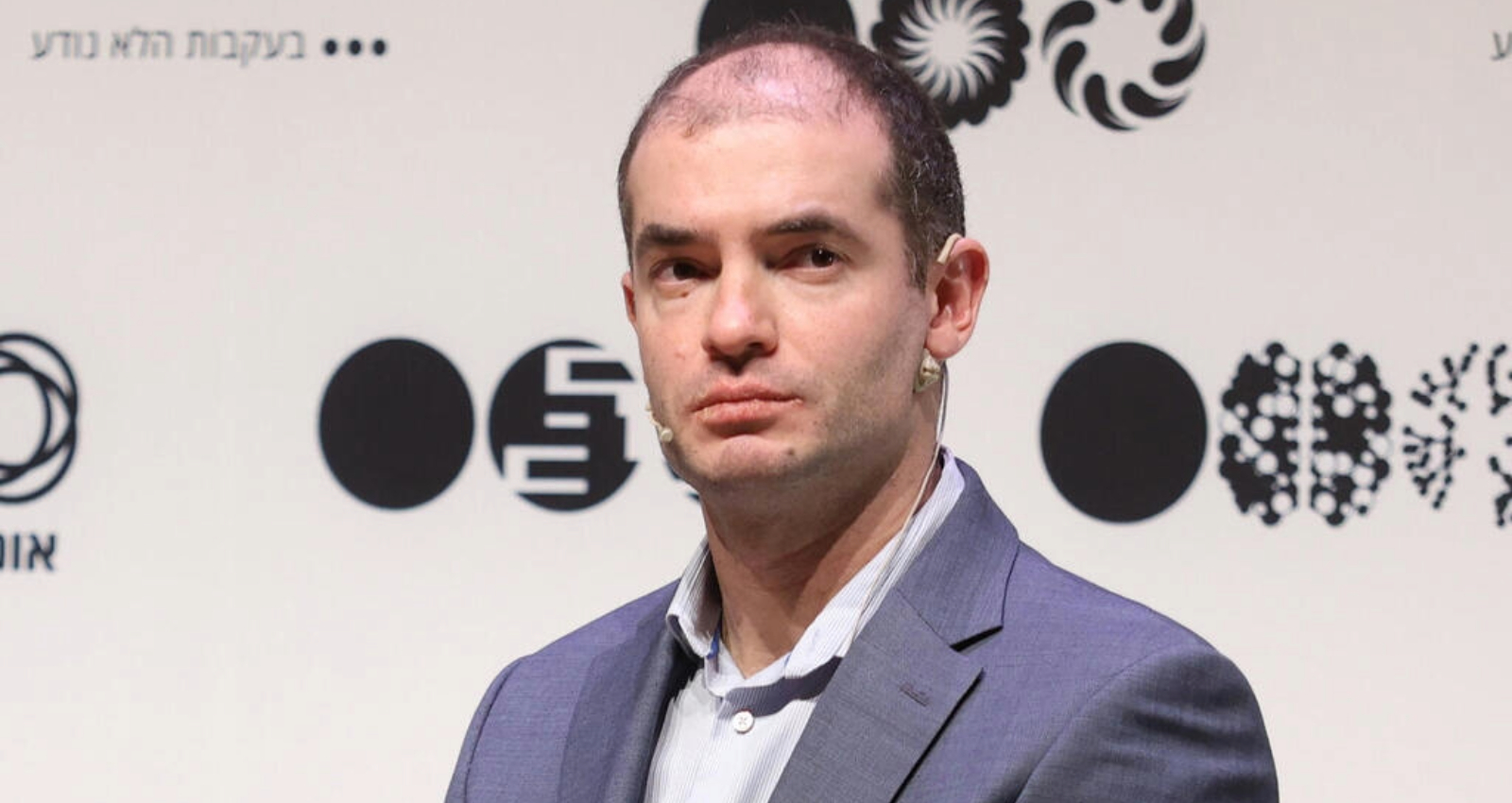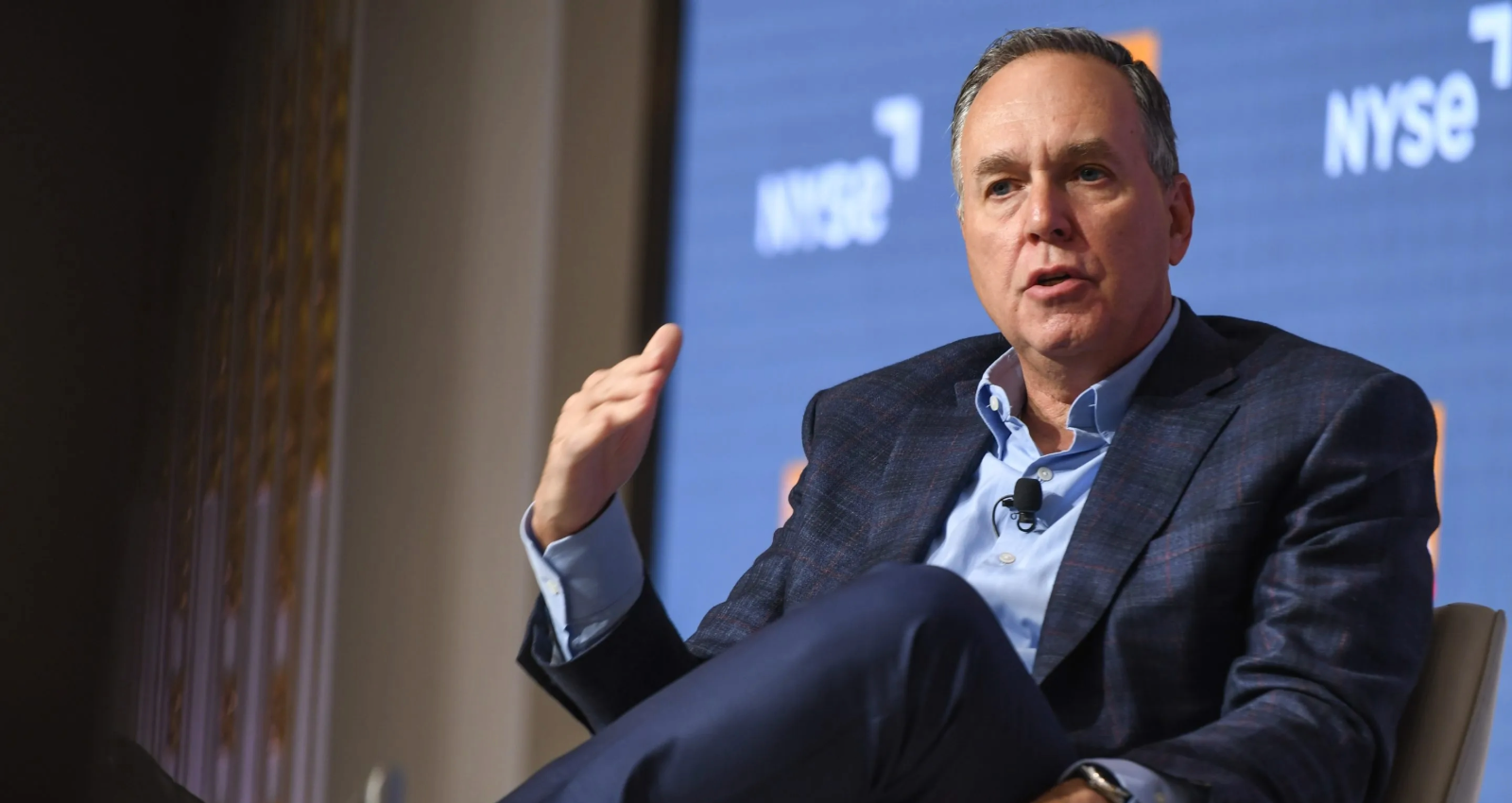- May 13, 2025
Warren Buffett’s No. 1 Rule for Leading Under Pressure (And Not Losing Your Cool)

Warren Buffett’s No. 1 Rule for Leading Under Pressure (And Not Losing Your Cool)
A single sentence from Warren Buffett’s mentor shaped how he handles pressure. It can sharpen your leadership, too.
Warren Buffett has built an empire on smart decisions, patient investing, and unshakable long-term thinking. But the key to his enduring success isn’t just financial acuity, it’s emotional control. And the secret? It fits in one sentence.
“You can always tell someone to go to hell tomorrow.”
That piece of advice came from his close friend and mentor, Tom Murphy, decades ago. In his words, it’s “one of the best” lessons he’s ever received. It’s also one of the most quietly powerful tools in modern leadership.
The Calm That Built Berkshire
Warren Buffett is quick to admit he didn’t always have people skills. He was book-smart, numbers-obsessed, and also impatient. “Early on, I had the intellect,” he said. “What I didn’t have was the temperament.”
That changed with time and Tom Murphy’s personality.
Murphy, a media executive who built Capital Cities Communications into a powerhouse, never needed to raise his voice or dominate a room. “He did everything in a very relaxed manner,” he recalled. “And everyone respected him more for it.”
This isn’t a throwaway anecdote. It’s a masterclass in self-regulation, a pillar of emotional intelligence (EQ) that often gets buried under trendier buzzwords like “authenticity” and “vulnerability.”
But EQ is more than a management fad. It’s one of the most consistent traits in high-performing leaders.
The 10-Second Rule That Saves Careers
Murphy’s advice works because it forces space between the trigger and the response. You don’t deny the emotion, you delay the reaction. That space is where better decisions live.
This isn’t about being passive. It’s about being deliberate.
Snap reactions often come from ego or fear. Leaders under pressure feel the need to respond now, to show authority. But most problems, especially the emotional ones, aren’t solved with urgency. They are solved with clarity.
Even a 10-second pause can change the tone of a room. A scathing email feels righteous at the moment. Read it again in the morning, and you are glad you didn’t hit send.
Warren Buffett’s calm demeanor? It’s practiced. It’s a decision. It’s emotional intelligence in action.
Emotional Intelligence, Warren Buffett Style
Daniel Goleman, who popularized the concept of EQ, breaks it into five domains: self-awareness, self-regulation, motivation, empathy, and social skills. Murphy’s lesson leans hard on the first two.
If you are leading a team, or want to, here’s how to apply Warren Buffett’s approach in real-time:
1. Wait to React
That burning desire to fire back? Let it burn a little longer. Say, “Let me think about this and get back to you.” You’ve bought yourself time, and often, a better perspective.
2. Name the Real Emotion
Anger is a surface signal. Is it actually frustration? Disappointment? Insecurity? Get clear on what’s happening internally before projecting it outward.
3. Respond with Empathy
The person who triggered you, what might they be dealing with? Empathy doesn’t mean weakness. It means you are strong enough to consider context.
As Goleman wrote: “Reasonable people—the ones who maintain control over their emotions—are the people who can sustain safe, fair environments.” And that’s exactly where top talent thrives.
Why Does It Matter
In a post-pandemic world, leadership expectations have shifted. Employees want clarity and compassion. They are not just looking for CEOs who are brilliant, they want leaders who are composed under fire.
Middle managers, especially, are under intense pressure. You are juggling strategy, delivery, and people. Emotional agility isn’t just nice, it’s necessary.
The workplace doesn’t reward volatility anymore. It rewards stability. And stability is a choice.
The Warren Buffett Mindset
At Berkshire Hathaway’s annual meeting, Warren Buffett spoke about long-term thinking, but his demeanor stole the show. Calm. Collected. No spin, no panic. Just clarity.
That mindset wasn’t inherited. It was earned. And it started with learning to wait before reacting.
So the next time you are tempted to snap or fire off that email, try to channel your inner Warren Buffett.
Take a breath. Sleep on it. Say it tomorrow, if it still needs to be said.
Odds are, it won’t.
And that’s how great leaders stay great for so long.









